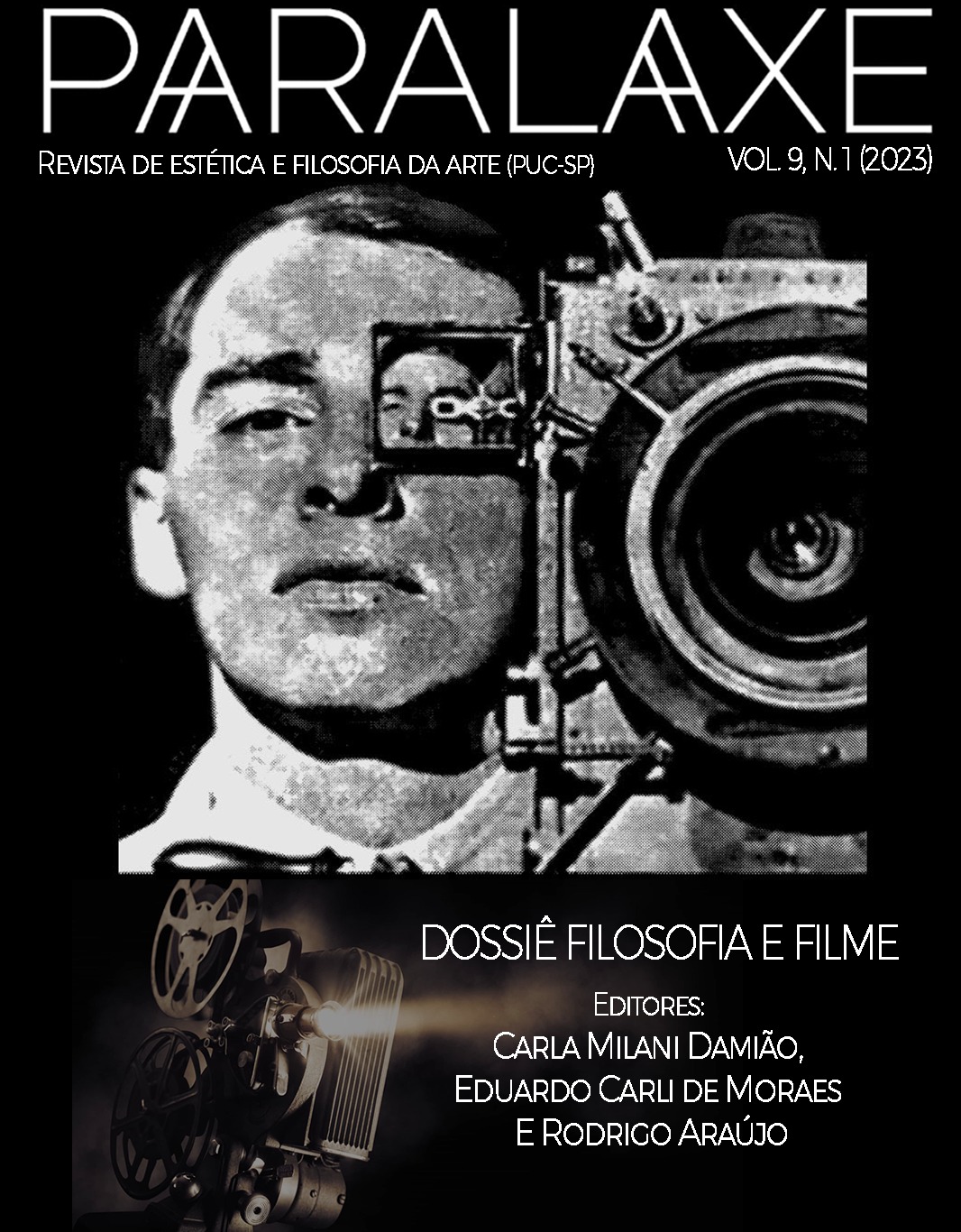Alegoria contemporânea
O parasita como representação do real
DOI:
https://doi.org/10.23925/2318-9215.2023v9n1D3Keywords:
Alegoria, Representação, Cinema, SociedadeAbstract
Animalistic metaphors of the human being are not new speeches, contrariwise, fables, tales, urban legend and other cultural expressions spread around the world, have already presented the hybridism of the body – half animal and/or vegetable. In the vast majority of narratives, the fusion between beings carries a theory of villainy and/or punishiment, consequences of the “evil” provoked by the now bestial creature. The animal characteristics, then, come to explain the behaviors and social relationships of the modified being. It is in this context that the present article approaches the South Korean production Parasite (2019), exploring the symbologies behind the choice of the animal in the work, and investigating the performance of the system as a kind of an incubator that stimulates this metamorphism. The theoretical bases are mainly the studies of Han (2019), on the effects of neoliberalism on society (of tiredness), Hall (2010), on the concept of representation, Xavier in the analysis of cinema, and other authors.
References
HALL, Stuart. Cultura e representação / Stuart Hall; Organização e Revisão Técnica: Artur Ituassu; Tradução: Daniel Miranda e William Oliveira. - Rio de Janeiro: Ed. PUC-Rio : Apicuri, 2016.
HAN, Byung-Chul. Sociedade do cansaço. 2ª edição ampliada, Petrópolis, RJ: Vozes, 2019.
JUNG, Ji-Yeon. Bong Joon-Ho. Korean Film Council. Seul: Seul Selection, 2008.
LEE, Sung-Ae. The New Zombie Apocalypse and Social Crisis in South Korea. Cinema.Coolabah, Observatori: Centre d’Estudis Australians i Transnacionals / Observatory: Australian and Transnational Studies Centre, Universitat de Barcelona, 2019. Disponível em: <https://revistes.ub.edu/index.php/coolabah/article/view/30523/30674> Acesso em: 03 fev 2022.
ORWELL, George. A revolução dos bichos. 1º edição, São Paulo: Companhia das Letras, 2007.
PARASITE, A Bong Joon-Ho film. Festival de Cannes: International Kit, 2019. Disponível em: Acesso em: 04 maio 2022.
SHIN, Kwang-Yeong. Neo-Liberal Economic Reform, Social Change, and Inequality in the Post-Crisis Period in South Korea, Asiatische Studien - Études Asiatiques, vol. 73, no. 1, 2019, pp. 89-109. Disponível em: <https://doi.org/10.1515/asia-2018-0038>. Acesso em: 03 fev 2022.
SOUKI, Zahira. A linguagem do Silêncio. Disponível em: <http://revista.fumec.br/index.php/mediacao/article/view/251>. Acesso em: 17 abr 2022.
VALIELA, Julia. Cultural Soft Power of Korea. Disponível em: . Acesso em: 24 ago. 23.
XAVIER, Ismail. CINEMA: REVELAÇÃO E ENGANO. Disponível em: <https://artepensamento.ims.com.br/item/cinema-revelacao-e-engano> . Acesso em 26 fev 2022
Filmografia
PARASITA (Brasil: 2019). Direção: Bong Joon-ho. Roteiro: Bong Joon-ho e Han Jinwon. Alpha Filmes, 132 min
Downloads
Published
Versions
- 2024-07-29 (2)
- 2024-07-28 (1)
How to Cite
Issue
Section
License
Cedo à revista Paralaxe os direitos autorais de publicação de meu artigo e consultarei o editor científico da revista caso queira republicá-lo depois em livro.


